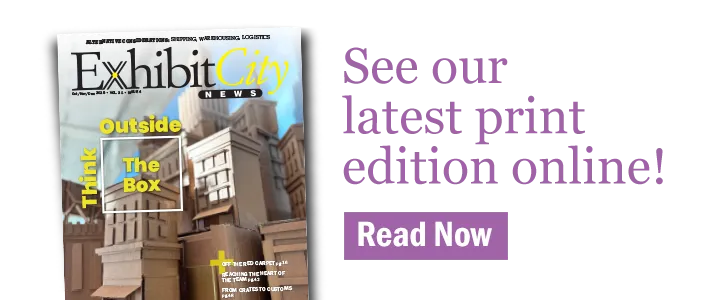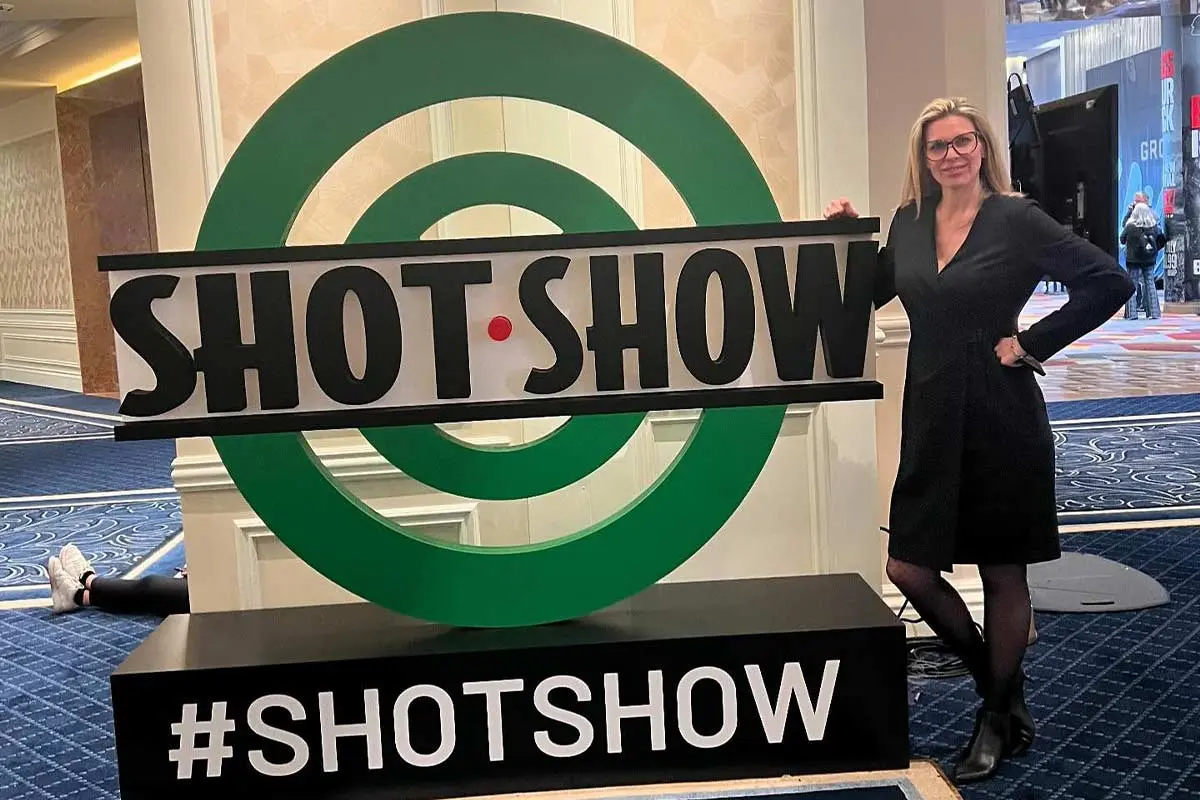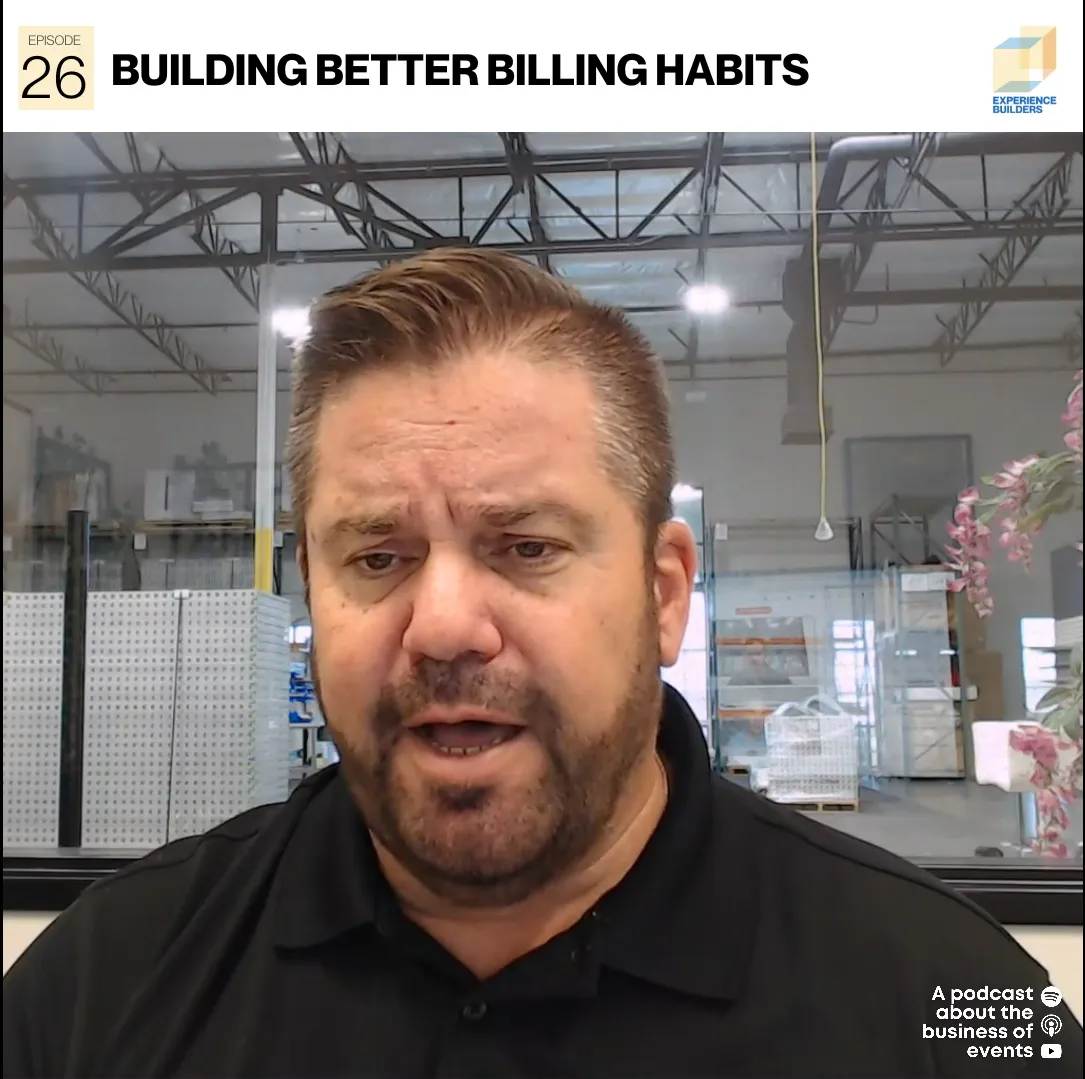I’ve Got a Question, Jack
As co-founder and former owner of Nth Degree, Pat Alacqua knows what it takes to succeed in the tradeshow industry, beyond having deep pockets and embracing a peripatetic lifestyle.
After years of helping exhibitors shine on the show floor, Alacqua has transitioned to a consultant role, working closely with leaders across several industries, including those who serve the tradeshow space.
Consultants are called upon to deliver exceptional results, come up with innovative solutions, and maximize return on investment. They must convey the culture of their client’s business, assess the scope of a project, and identify goals that can be achieved, not promised.
Alacqua says it’s critical for tradeshow companies to not only gain perspective and advice, but to collaborate with someone who has been where they want to go and can help set strategies and guide execution.
“I don’t approach this work like a traditional consultant who gives advice and then leaves the implementation up to leadership to figure out,” the business growth strategist says. “My approach is always through the lens of an operator, leveraging my years of growing my own companies and helping other leaders do the same.”
That’s the kind of support companies need if they want to manage the chaos that comes with growth and build real, transferable value in their business, Alacqua asserts.
Filling A Need
Tradeshow consultants wear a lot of hats. Depending on their clients’ needs, they may dive into specific areas that lack sufficient staffing or expertise, allowing show producers to focus on the task at hand.
“We can jump in at any given time with a relatively short learning curve to provide the most efficient and productive support to the team,” says Alyson Lyden, president of Order Defined Event Services.
That relieves a company’s staff from pre-show and onsite responsibilities, which can lead to a decrease in productivity and falling short of show goals.
Consultants come from all tradeshow backgrounds. Lyden worked in operational and sales positions ranging from five-star hotels to general service contractors, show organizers, and exhibit houses.
Order Defined provides services in event planning, graphics, custom fabrication, project management and staffing needs such as floor managers, registration and conference managers. Lyden’s tradeshow experience spans pharmaceutical, medical, sports, automotive, cannabis, Financial Technology, and tech industries.
“In terms of my personal experience, my holistic approach from a diverse background can assist clients from multiple perspectives,” she shares.
Alacqua, author of Obstacles to Opportunity, a book about transforming business challenges into triumphs, describes the role of a tradeshow consultant specifically in reference to companies that serve the exhibitor’s needs.
“Not the brands in the booths, but the logistics providers, the labor companies, builders, producers, and service partners who make the show work from behind the scenes,” the tradeshow veteran says. “These companies are under real pressure.”
They experienced a surge in demand following the COVID-19 pandemic. Now they need to step back, reflect, and focus on building the infrastructure to scale and manage growth going forward, he says.
“The truth is that they can’t keep doing things the way they’ve always done them,” Alacqua says. “What got them here won’t get them where they need to go. The pace of growth, operational complexity, and client expectations are all rising.”
The solution, according to Alacqua, isn’t simply more hustle. It involves different leadership styles and thinking, augmented by better planning and greater role clarity and accountability throughout the organization. “Solutions need to be applied without compromising their cultural DNA,” he says.
Creating Value
Consultants help tradeshow companies maximize their visibility and transaction conversion rates, says Anirbar Basu, chairman and chief executive officer of Baltimore, Maryland-based Sage Policy Group.
“Many enterprises are terrific at what they do, whether installing air conditioning, manufacturing vehicle components, or taking care of patients, but the skills required to provide goods and services efficiently are vastly different from those needed to be effective at tradeshows,” he says.
Consultants understand how to help a firm differentiate itself from its competitors by narrating in interesting ways consistent with the firm’s culture, Basu emphasizes.
As far as the rate of return on their investment is concerned, it’s difficult for a tradeshow consultant to compute, he adds. One indication could be the practices of firms that are growing market share.
“Do successful firms tend to utilize the services of tradeshow consultants? My very strong sense is that they do,” Basu concludes.
Best Strategies
Every tradeshow seeks to grow, whether it’s profit, attendance, leasing space, guest amenities, or conference activities. According to Lyden of Order Defined, each of these areas requires a different tactic, and the key is synchronization of sales, marketing, and operations.
Consultants can dig deeper into a program’s spending and determine the easiest places to cut costs.
“Sales and marketing strategies should be reviewed to see what benefited the most, or least, from past performance and what should be focused on for the next cycle. Operations should always carefully be reviewed to find cost savings and efficiencies,” Lyden advises.
As with many industries, tradeshow growth often outpaces infrastructure. Alacqua believes the most effective strategy for growing or becoming more productive starts by addressing what’s slowing the company down beneath the surface. Some of the most impactful strategies put forth by Alacqua include:
- Redesigning roles and accountability so teams know what they truly own.
- Clarifying decision rights and cross-functional ownership of key outcomes.
- Installing a planning cadence that keeps strategy alive, not just a one-time event.
- Solving basic recurring problems not just to remove pain points, but to reveal where infrastructure is missing, and someone must implement scaling strategies.
- Building management systems that scale culture, not replace it.
Validating Their Work
Quantifying results of a consultant’s recommendations can be as ambiguous as counting stars in a galaxy. Enhancing the value of tradeshow exhibition depends on the client’s goals and objectives, which may constitute scanning more badges, expanding their social media presence, or creating an environment for more meaningful interactions.
“I prefer to work with my clients to determine what is the most mutually beneficial option for both of us,” Lyden explains. “I try to work within a client’s budget, whether it be a focused approach or an hourly rate, day rate for show site services or a retainer amount for being available for general knowledge and inquiries.”
There are no “cookie cutter” roles for consultants, she says. Sales roles may be validated by an increase in revenue, while operations may be validated by a decrease in costs.
Alacqua focuses on companies that serve exhibitors. His role is not to help brands measure their return on tradeshows, but to assist the service providers behind the scenes in building the infrastructure, systems and leadership depth that ultimately enhance the exhibitor experience.
“The performance of the exhibitor’s service partners heavily shapes exhibitor ROI,” he says. “When those service company partners are reactive, siloed, or overwhelmed by internal growing pains, it shows up in the exhibitor experience. Missed details, delayed communication, or inconsistent execution. However, when the business behind the scenes operates with clarity and confidence, exhibitors can sense it.”
Bigger Story
The tradeshow industry is evolving in a world that’s changing rapidly, Alacqua notes. Exhibitors are seeking greater clarity, consistency, and value from their service partners.
Many of those service providers are growing, which requires stronger internal structure, better systems, and deeper leadership capacity for every service company across the tradeshow industry.
“What’s at stake isn’t just operational efficiency,” Alacqua says. “It’s also the future of the organization, its reputation and long-term relevance. Building scalable systems and expanding leadership bandwidth is key to protecting the business and elevating the industry.”
He adds: “The leaders that figure out how to increase bandwidth for scaling their companies, while overcoming the seasonal surges of this industry, those are the companies that will be most trusted and sought after in the years ahead. For the leaders and companies that can’t make this transition, they’ll likely be the ones quietly considering how and when to exit, or what it might take to sell their business.”
This story originally appeared as a truncated version in the Q4 2025 issue of Exhibit City News, p. 34. For original layout, visit https://issuu.com/exhibitcitynews/docs/exhibit_city_news_-_oct_nov_dec_2025/34.
























